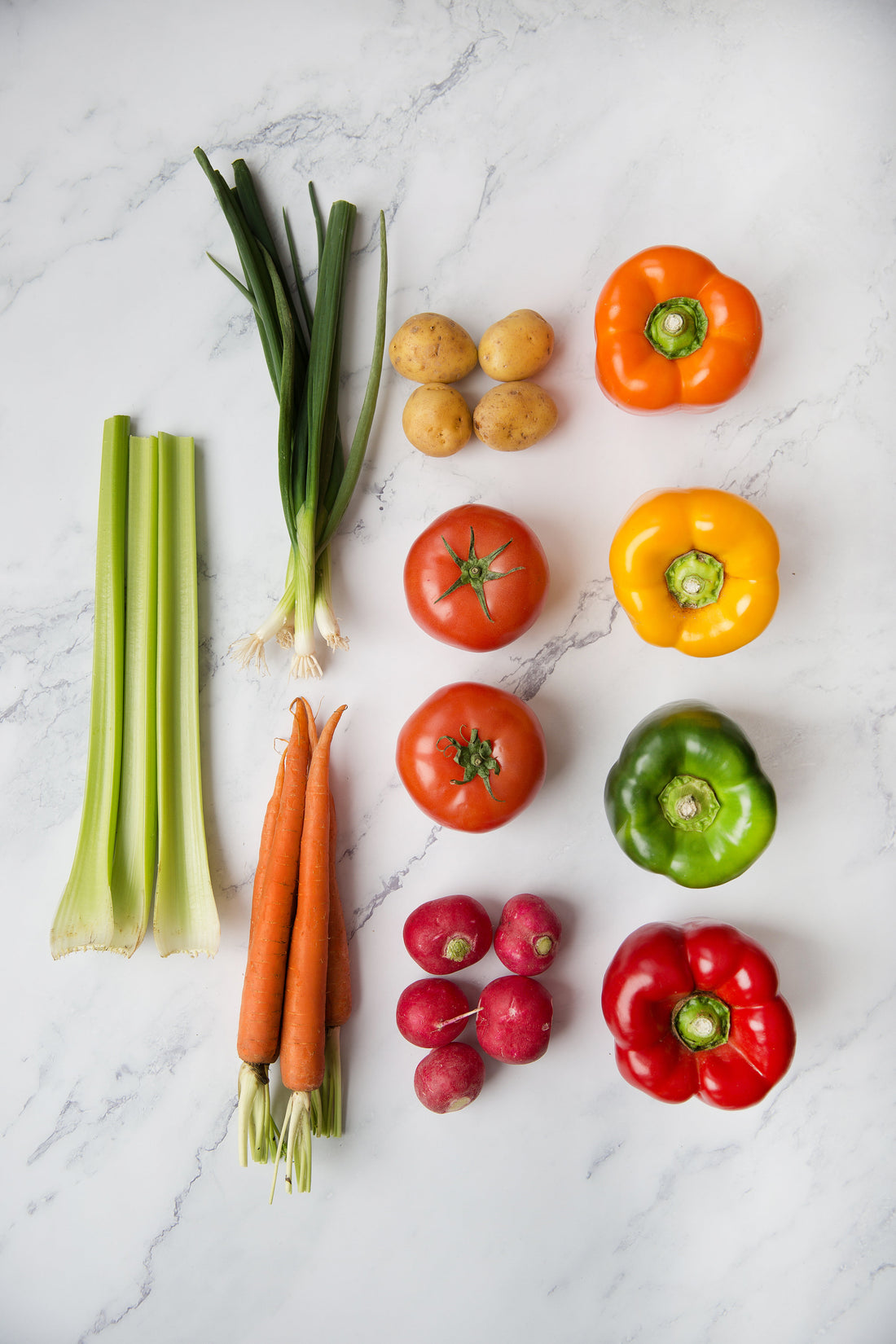
Storing Baby Food Made Easy
Share
As your baby starts weaning, you will be introducing them to new foods and textures. Storing baby food can be a challenge, especially when you want to ensure that it remains safe and nutritious for your little one.
-
Choose the right containers: The right containers are essential for storing baby food. It is best to choose containers that are BPA-free, phthalate-free, and made of food-grade silicone or glass. These materials are safe and will not contaminate your baby's food.
-
Freeze in small portions: Freezing purees or meals in small portions is a great way to make mealtime easier. This allows you to defrost only what you need and prevents waste. You can use ice cube trays or small silicone containers to freeze small portions of purees. Once frozen, transfer the portions to a larger container or freezer bag labeled with the date and type of food so that you can reuse the original containers. Make sure food is throroughly defrosted before reheating. Once food has been defrosted, serve it within 24 hours.
-
Use the fridge for short-term storage: If you are making baby food in larger batches, you can store it in the fridge for a few days. Store the food in airtight containers and label them with the date and type of food. Make sure to keep the temperature of your fridge at or below 4°C to prevent bacterial growth. As per NHS guidelines, use any food stored in the fridge within 2 days. Rice should be cooled quickly and eaten within 24 hours and should not be reheated.
-
Keep an eye on expiration dates: It is essential to keep an eye on the expiration dates of baby food. If you are using store-bought baby food, check the expiration dates before purchasing it. If you are making your own baby food, make sure to use fresh ingredients and always label the food with the date it was made.
By choosing the right containers, freezing in small portions, using the fridge for short-term storage, and keeping an eye on expiration dates, you can ensure that your baby's food remains safe and nutritious. It will also help you save time and money by ensuring that you're not wasting food.
